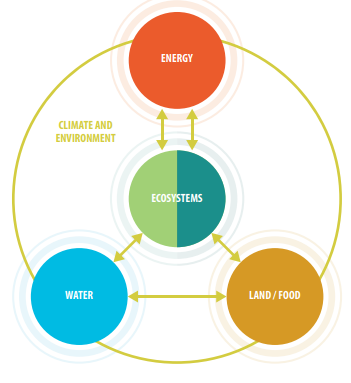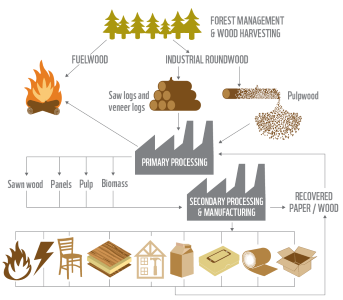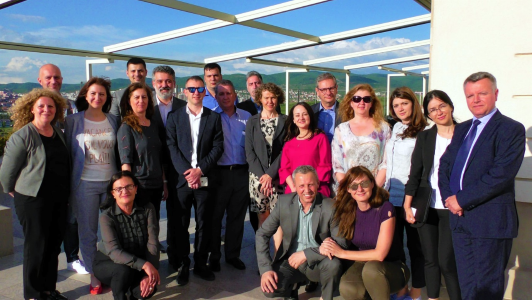17th Drin Core Group Meeting
The Drin Core Group (DCG) is an established group of representatives from the Ministries responsible for Water / Environment of the Drin Riparians, part of a wider institutional structure in the Drin Basin called the Drin Coordinated Action (CORDA), which is tasked with implementing the Drin Memorandum of Understanding (MoU).
The main focus of its 17th meeting in Pristina on 30-31 May 2019, also attended by Mr. Fatmir Matoshi, Minister for Environment and Spatial Planning in Kosovo*, was the discussion of the 1st Draft of the Drin Strategic Action Programme (SAP).
The development of the SAP is informed by the ‘Transboundary Diagnostic Analysis’ (TDA) consisting of 6 Reports in the Drin Basin (on socio-economics, biodiversity, hydrology, pollution, Nexus and legal and institutional setting), delivered through the Global Environment Facility-funded ‘Drin Project’.
The recently completed Phase I Nexus Assessment Report was presented and discussed in the meeting, as well as an outline of the Phase II Assessment and of other Nexus-related activities in the Drin basin planned for next year, in the context of the ADC-funded SEE Nexus Project.

Figure 1: Nexus Sectors: a diagram showing the different Nexus sectors (water, food, energy and ecosystems) and how they are interlinked.
Nexus Assessment in the Drin Basin: Phase I
Phase I of the Nexus Assessment in the Drin comprised identification of the priority nexus issues in the Basin and qualitatively assessed the interlinkages, benefits and trade-offs for each of these issues and the different nexus sectors.
Within the framework of governance mechanisms and resource ‘flows’, three key areas were assessed:
- Hydropower and flooding (and broader energy cooperation)
- Biomass and forest management (and it’s environmental implications)
- Evolution of agriculture and irrigation (and related trade)
The detailed findings of this assessment are available in the Phase I Nexus Assessment Report for the Drin Basin [publication to follow].
A summary of the findings are as follows:
Hydropower and flooding
- Hydropower operators have a key role in managing and protecting from floods.
- Flood management today depends on the way existing dams are operated and the extent and effectiveness of cooperation among the dam operators - a lack of coordination under high flow conditions can increase flood risk.
- Today in the Drin Basin, there are four large hydropower plants (> 100 MW), three medium (> 20 MW) and 22 small (> 1 MW). Maximum energy output is the general operating rule for each plant.
Biomass and forest management
- Livelihoods depend on forest products. This includes wood and wood products primarily; mushrooms, berries and herbs; and nature-related tourism (increasingly important).

Figure 2: Uses of forest wood and value chain
- Forest related ecosystem services bring economic, social and environmental benefits including carbon capture and storage, water treatment and flood protection.
- Modernizing the biomass value chain is a key element for sustainable forest management – only sustainably managed forests can preserve all services.
Evolution of agriculture and irrigation
- The types of crops and animals that farmers invest in depend on agricultural markets, support schemes and investment opportunities.
- These choices impact on the demand for water (and other inputs), the environment and the economy.
- The impact of climate change requires the sector to become more resilient.
Nexus Assessment in the Drin Basin: Phase II
Phase II will take the Nexus Assessment of the Drin Basin to the next level. By utilising modelling tools to quantitatively assess the key linkages, benefits and trade-offs between sectors, the impact on nexus sectors under different economic development and climatic scenarios can be assessed.
Issues that will be considered in more detail include:
- What are the costs and benefits of hydropower coordination? How does hydropower cooperation at a transboundary level contribute to the needs for flood containment and at the same time the Riparian economies’ energy plans?
- What are the benefits of more sustainable forest management and improved efficiency in biomass use? What are the alternatives for modernizing the biomass value chain?
(Phase II will be exclusively funded by ADC under the SEE Nexus Project)
Next steps
The development of the Phase II Assessment will inform and be guided by participatory consultation processes in the Basin. The outcomes of this Dialogue Process is expected to be captured in a "Drin Nexus Roadmap" identifying potential policy, institutional and practical steps and actions as a means to advance integration among Nexus Sectors in the Drin Basin.
Further actions to be implemented in the Drin Basin under the SEE Project include:
- The organisation of a capacity development workshop for the region’s stakeholders on Nexus-related tools and approaches.
- The preparation of a Project Document / investment fiche, including financing options, for a Nexus-related intervention / capital investment to be identified in the context of the Dialogue Process.
The SEE Nexus Project
The overall aim of the ADC-funded Project is to enhance integrated management of natural resources and transboundary cooperation in this regard, by introducing the Nexus approach and catalysing action for its adoption and implementation in the SEE2020 area, at the national and transboundary basin levels, thus assisting towards achieving the Nexus-related objectives of the Dimension “Environment” of the SEE2020 Strategy. In this context, Nexus Policy Dialogues will be implemented in Albania and in the Transboundary basins of the Drin and Drina rivers. These Dialogue processes comprise of inclusive consultation meetings and workshops, as well as of technical assessments and studies (Nexus Assessment conducted using the methodology developed under the UNECE Water Convention).
*This designation is without prejudice to positions on status, and is in line with United Nations Security Council Resolution (UNSCR) 1244 and the Internationl Court of Justice (ICJ) Opinion on the Kosovo declaration of independence.
